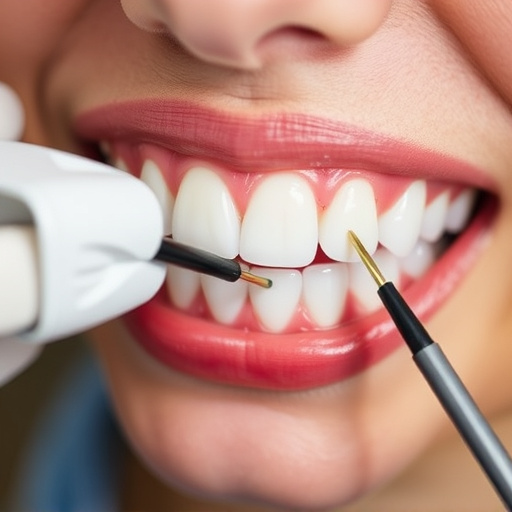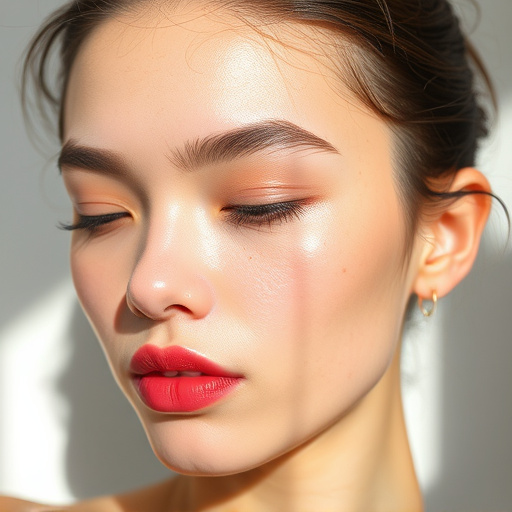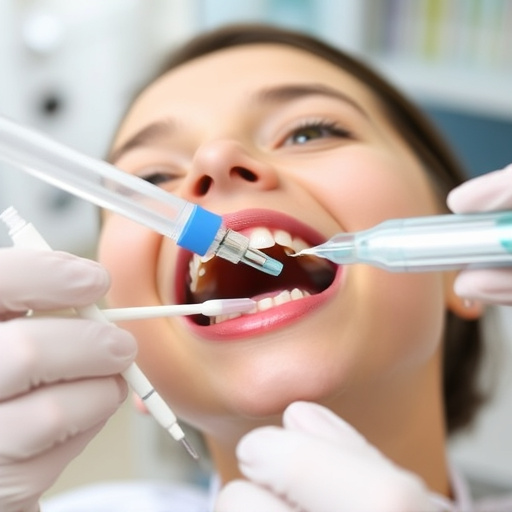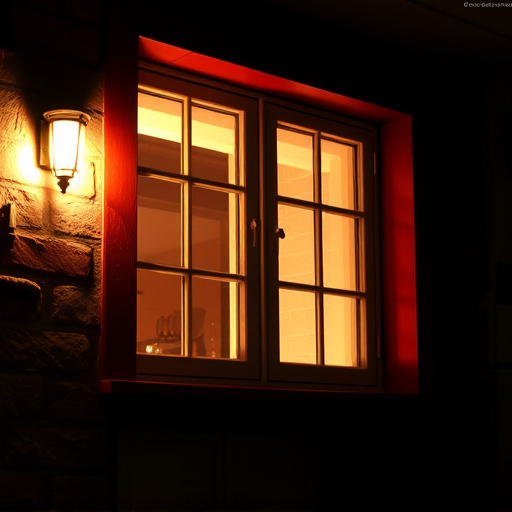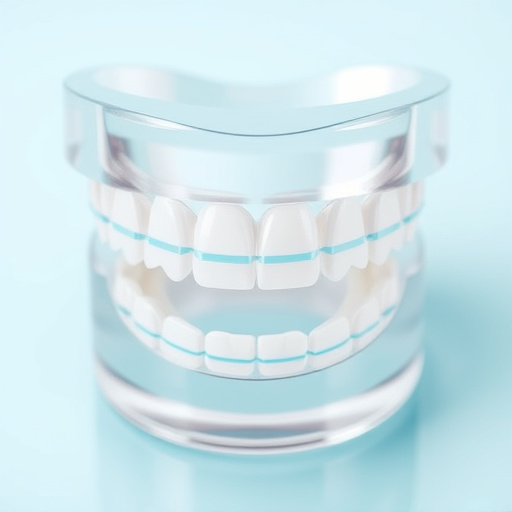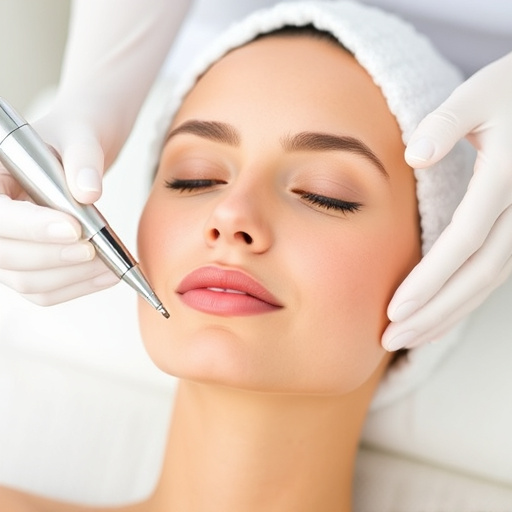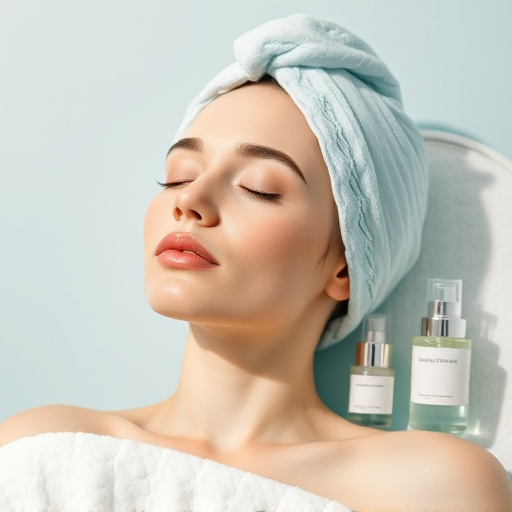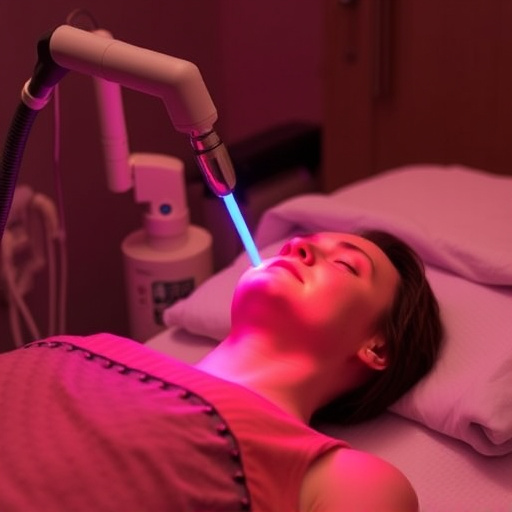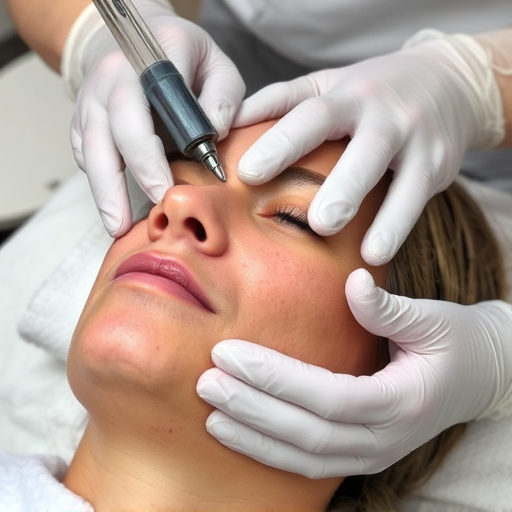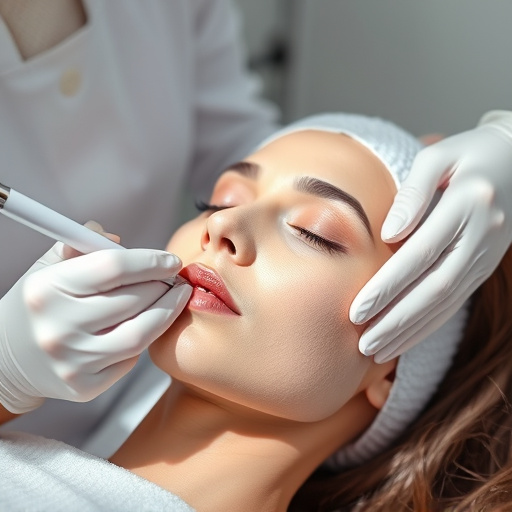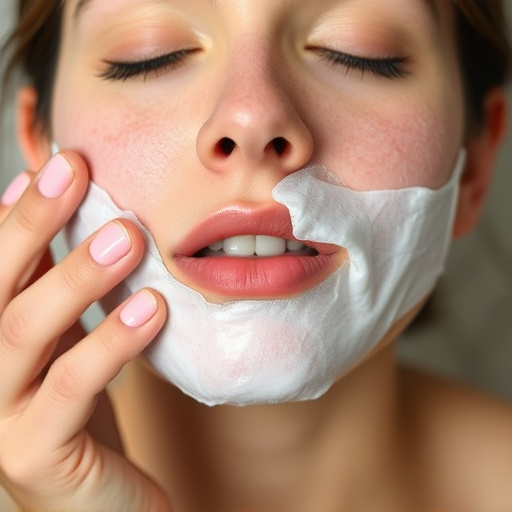Cystic acne, a severe form caused by excess sebum, clogged pores, and hormones, leads to scarring and low self-esteem. Natural remedies using tea tree oil, aloe vera, and green tea extract offer antioxidants, anti-inflammatory properties, and antibacterial benefits. Non-surgical treatments like chemical peels and skin tightening with natural extracts enhance these remedies. Balanced diet, hydration, hygiene, sleep, stress management, and exercise also play crucial roles in cystic acne treatment alongside laser hair removal and skin rejuvenation procedures.
Cystic acne, characterized by painful, swollen bumps, can significantly impact self-esteem. Understanding its causes, ranging from hormonal fluctuations to genetic predisposition, is key to effective management. This article explores natural remedies and lifestyle changes that complement traditional cystic acne treatment, aiming to achieve clearer skin. Discover plant-based solutions, dietary adjustments, and holistic practices scientifically shown to support healing and prevent future breakouts.
- Understanding Cystic Acne: Causes and Impact
- Plant-Based Remedies for Clearer Skin
- Lifestyle Changes for Effective Management
Understanding Cystic Acne: Causes and Impact

Cystic acne is a severe form of acne that goes beyond the typical pimples and spots. It’s characterized by deep, painful lumps under the skin’s surface, often appearing as nodules or cysts. These cysts can be quite debilitating, both physically and emotionally, impacting self-esteem and daily life. Understanding its causes is key to effective cystic acne treatment. The condition arises from a combination of factors, including excess sebum production, clogged pores, and inflammation. Hormones also play a significant role, particularly during puberty and menstruation.
The impact of cystic acne extends beyond the skin’s surface. It can lead to scarring, both physical and emotional, leaving individuals with lasting marks and affecting their overall well-being. The good news is that there are various natural remedies and treatments available to help manage and improve cystic acne. From topical natural oils to dietary changes, these approaches can work in conjunction with professional treatments like laser hair removal, chemical peels, or body contouring for a comprehensive cystic acne treatment plan.
Plant-Based Remedies for Clearer Skin
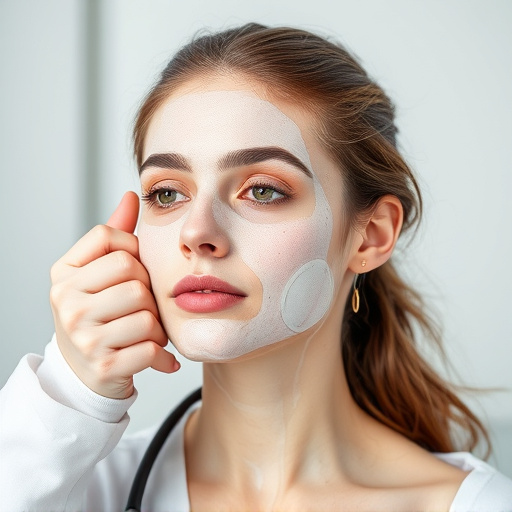
For those seeking effective yet natural approaches to cystic acne treatment, plant-based remedies offer a promising path. These remedies, derived from nature’s bounty, have been used for centuries to soothe and heal various skin conditions. Many contain powerful antioxidants, anti-inflammatory properties, and antibacterial compounds that can target the root causes of cystic acne.
Incorporating natural ingredients like tea tree oil, known for its antimicrobial effects, aloe vera with its soothing properties, and green tea extract, rich in catechins that help reduce inflammation, into your skincare routine can be a game-changer. Additionally, non-surgical treatments such as chemical peels, which exfoliate the skin and unclog pores, or skin tightening techniques using natural extracts can complement these remedies. These methods work synergistically to promote clearer, healthier skin while providing an alternative to more invasive procedures.
Lifestyle Changes for Effective Management
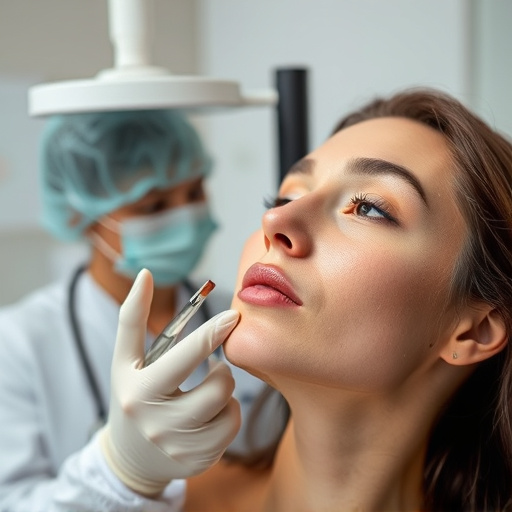
Managing cystic acne goes beyond topical creams and antibiotics; lifestyle changes play a significant role in effective long-term management. A balanced diet rich in antioxidants, essential fatty acids, and vitamin-rich foods can help reduce inflammation and support skin health. Staying hydrated, practicing good hygiene, and getting enough sleep are also crucial. Stress management techniques like yoga, meditation, or deep breathing exercises can alleviate stress hormones that contribute to acne flare-ups. Additionally, regular exercise boosts circulation and helps remove toxins from the body through sweating.
Non-surgical treatments like laser hair removal, known for its ability to target and eliminate excess hair that can trap oil and bacteria, offer another avenue for cystic acne management. Skin rejuvenation procedures, focusing on collagen stimulation and skin texture improvement, can also enhance overall skin appearance and health. These complementary approaches, combined with proper skincare routines and medical treatments, empower individuals to take control of their cystic acne and achieve clearer, healthier skin.
In conclusion, addressing cystic acne involves a multifaceted approach. By understanding its causes and impact, incorporating plant-based remedies, and adopting lifestyle changes, individuals can significantly enhance their cystic acne treatment results. These natural strategies not only promote clearer skin but also foster overall well-being, emphasizing the importance of a holistic approach to managing this challenging condition.
